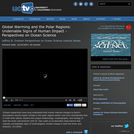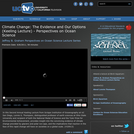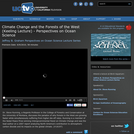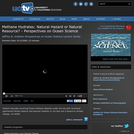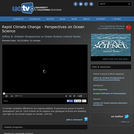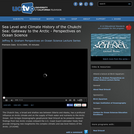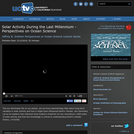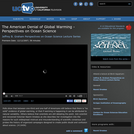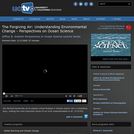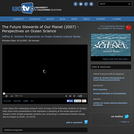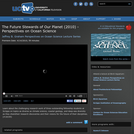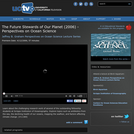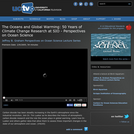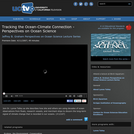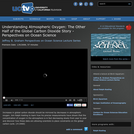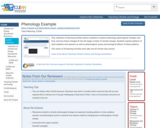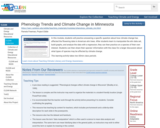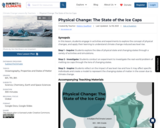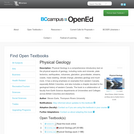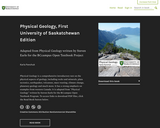SYNOPSIS: In this lesson, students engage in activities and experiments to explore the concept of physical changes, and apply their learning to understand climate change-induced sea level rise.
SCIENTIST NOTES: The lesson introduces students to the physical changes of state from solid-liquid-gaseous phase. All materials, including artcicles and simulations, are well-sourced and relevant to improve students' ability in understanding the impact of physical changes in ice caps and its ambient environment and how they could take action to limit these changes. This lesson has passed our science credibility process and is recommended for teaching.
Positive
-Students work collaboratively in groups and with partners to share diverse ideas and perspectives.
-Students participate in hands-on learning to aid in understanding and participation.
-Students learn through a variety of pathways including kinesthetic, auditory, visual, etc. to engage with different learning.
-Students are given a variety of optional extensions to create the most meaningful change in their communities.
ADDITIONAL PREREQUISITES:
-It is recommended that teachers use this as a multi-day lesson in 5 parts. Use the Multi-Day Schedule Visual to determine appropriate stopping points for each day.
-Materials needed for the Physical Change Activity include the following:
-Ice
-Cup
-Playdough (one container per group)
-Different shaped cookie cutters (two per group)
-Materials needed for each group for the Investigate section experiment include the following:
-Two identical, clear, plastic containers (e.g., 6x6 inches)
-Clay, playdough, or small rocks
-Tray of ice cubes
-Ruler
-Cold water
-Piece of paper
-Permanent marker (optional)
-Materials may be substituted as necessary
-Students must create free accounts on the CK-12 website to participate in the simulations.
DIFFERENTIATION:
-All activities, experiments, and simulations can be completed in differentiated groups or as demonstrations at the discretion of the teacher.
-The article may be read aloud in groups or as a class to aid in understanding at the discretion of the teacher.
-Student Document questions may be completed individually, in mixed ability groups, or as a whole group led by the teacher.
-Videos may be paused and discussed in short segments.
-As noted in the TED video, the economic influences on climate change cannot be ignored. An extension to this lesson may be to include a social studies educator to teach students about the local economic elements and issues that contribute to climate change.
